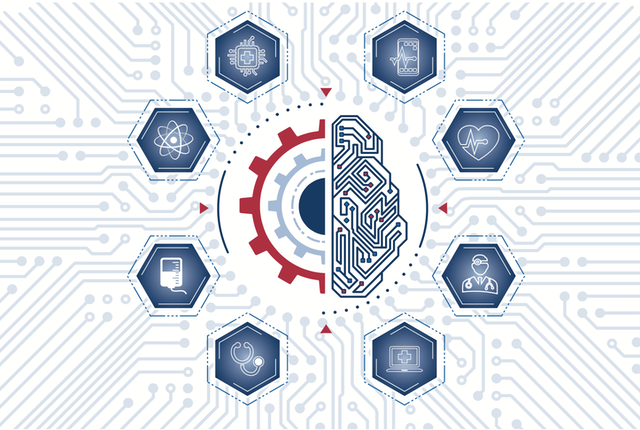
How Artificial Intelligence In ICT4D Projects Can Improve Lives
Artificial intelligence (AI) can be used in ICT4D projects to improve people’s lives in developing countries by providing access to information, opportunities, and services, and by promoting innovation and efficiency in various sectors. Some examples include:
- Healthcare: AI can be used to improve the diagnosis and treatment of diseases, through the use of machine learning algorithms to analyze medical data and identify patterns. It can also be used to support telemedicine and remote healthcare services, allowing for the delivery of care to people in remote or underserved areas.
- Education: AI can be used to personalize learning and adapt to the needs of individual learners, through the use of adaptive learning algorithms and other technologies. It can also be used to analyze data on learning outcomes and identify areas for improvement.
- Agriculture: AI can be used to improve the efficiency and productivity of agriculture, through the use of precision agriculture technologies such as remote sensing and GPS-based farming tools. It can also be used to analyze data on crop yields and identify patterns that can inform decision-making.
- Financial inclusion: AI can be used to expand access to financial services, through the use of mobile banking and other digital financial technologies. It can also be used to analyze data on financial behavior and identify patterns that can inform the design of financial products and services.
4 Social Impact Projects Using Emerging Technologies in Indonesia: AI, Blockchain, Biometrics, Drones
Indonesia is a country that faces various humanitarian challenges, such as natural disasters, conflicts, displacement, poverty, and health crises. To address these...
6 Examples of Artificial Intelligence Projects for Climate Justice in Kenya
Artificial intelligence solutions hold significant potential for addressing climate justice in Africa. Startup companies are increasingly utilizing AI across the...
Apply Now: $50,000 for Responsible Artificial Intelligence Solutions
The last few months it has become clear that artificial intelligence is no longer our future, but our present. Some of the most exciting ideas for the future of...
5 Southeast Asian Startup Companies Using Generative AI for Social Impact
Southeast Asian startup companies are focusing on social impact to address specific local needs and challenges, such as poverty alleviation, education, healthcare,...
Apply Now: FREE AI for Science Master’s Program for Africans
Artificial intelligence and machine learning in cosmology, epidemiology, and ecology can improve lives across Africa by generating new knowledge, informing public...
Apply Now: $25 Million Google Funding for AI4Good Solutions
In 2015, the UN set the Sustainable Development Goals, ambitious targets for a better and more sustainable future by 2030. As we near the halfway point of the goals,...
Very Accurate Artificial Intelligence Agricultural Advice in Thailand
The Department of Agriculture Extension (DOAE) at the Ministry of Agriculture in Thailand is among the first government agencies in the country to adopt Artificial...
4 Quantum Computing Opportunities for African Countries
Artificial intelligence has aided technological innovation as digitalised data continued to grow, and thus many economies depended on its applications in...
ChatGPT is Coming for Your International Development Job
Almost 10 years ago, we predicted that the rise of advanced algorithms and open data would converge and a computer could to do your international development job...
Applying US Blueprint for an AI Bill of Rights to African Countries
Regulation of artificial intelligence is the need of the hour. The release of The Blueprint for An AI Bill of Rights (AIBoR) by the US White House Office of Science...










